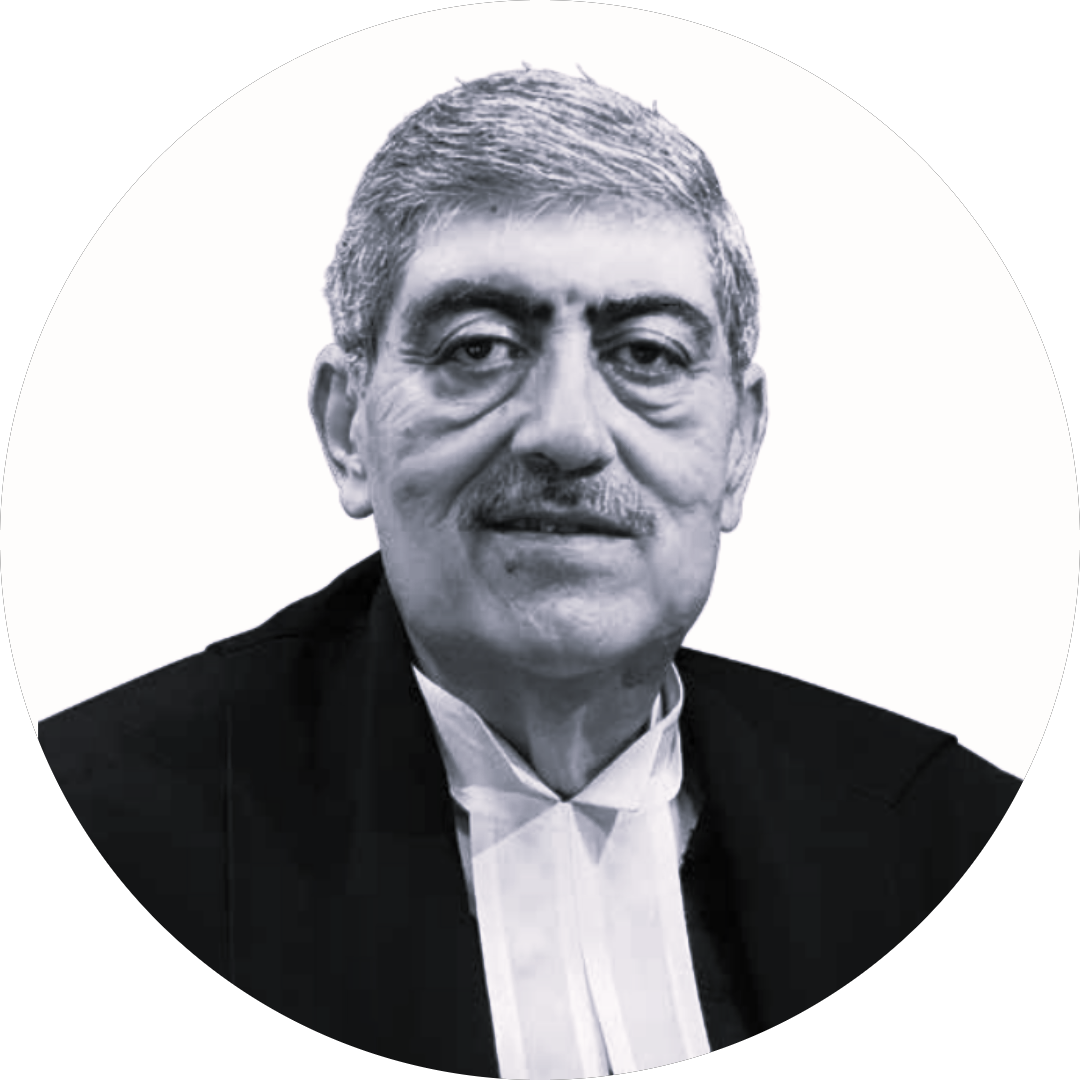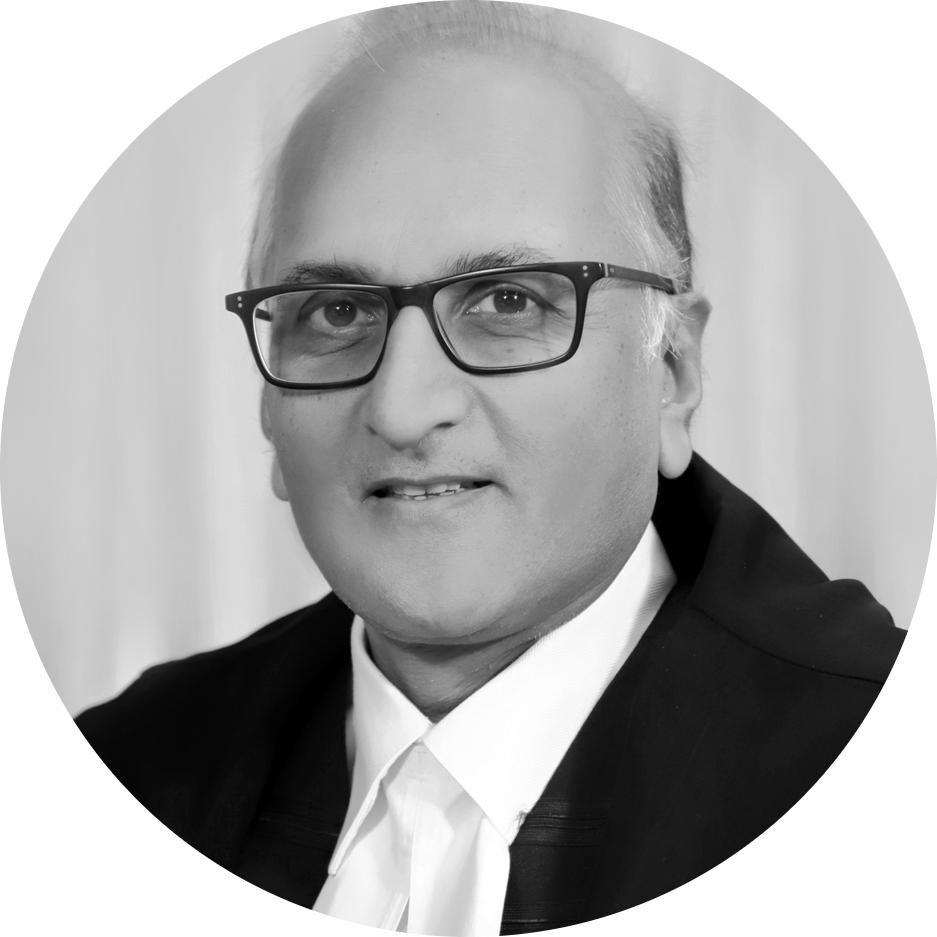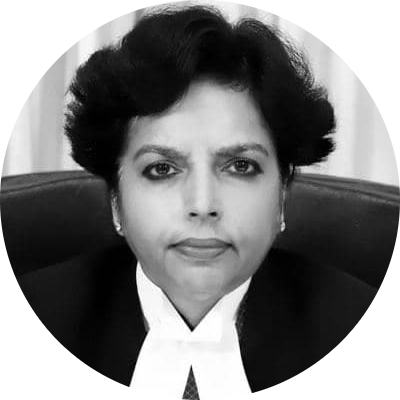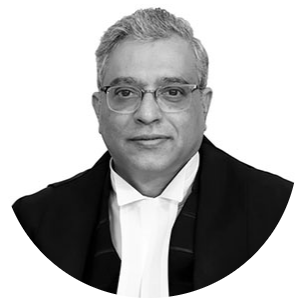Plea for Marriage Equality
Supriyo @ Supriya Chakraborty & Anr. v Union of India
Citation: 2023 INSC 920
The five-judge bench upheld the validity of the Special Marriage Act, 1954, and held that the right to marry is not a fundamental right for queer persons.
Decided
Parties
Petitioners: Supriyo Chakraborty, Abhay Dang, Parth Phiroze Mehrotra, Uday Raj Anand
Lawyers: Neeraj Kishan Kaul, Menaka Guruswamy, Jayna Kothari, Saurabh Kirpal, Arundhati Katju, Karuna Nundy, Priya Puri, Shristi Borthakur, Mukul Rohatgi
Respondents: Union of India
Lawyers: Tushar Mehta, Solicitor General; R. Venkataramani, Attorney General; Rakesh Dwivedi, Sr. Adv; Kapil Sibal, Sr. Adv.
Case Details
Case Number: W.P. (C) 1011/2022
Next Hearing: October 17, 2023
Last Updated: July 10, 2024
Key Issues
Do members of the LGBTQIA+ community have a right to marriage?
If members of the LGBTQIA+ community have a right to marry, can the SC make a declaration to this effect?
Does the non-inclusion of LGBTQIA+ marriages under the Special Marriage Act, 1954, amount to discrimination under Article 14?
Case Description
On November 14th, 2022, two same-sex couples filed writ petitions in the Supreme Court seeking legal recognition of same-sex marriages in India. The petitions were centred around the constitutionality of the Special Marriage Act, 1954 (the Act). The first petition was filed by Supriyo Chakraborty and Abhay Dang. The second petition was by Parth Phiroze Merhotra and Uday Raj Anand.
The petitioners argue that Section 4(c) of the Act recognises marriage only between a ‘male’ and a ‘female’. This discriminates against same-sex couples by denying them matrimonial benefits such as adoption, surrogacy, employment and retirement benefits. The petitioners asked the Court to declare Section 4(c) of the Act unconstitutional. The plea has been tagged with a number of other petitions challenging other personal laws on similar grounds. The challenged enactments include the Hindu Marriage Act, 1955 and the Foreign Marriage Act, 1969.
The petitioners argue that the non-recognition of same-sex marriage violates the rights to equality, freedom of expression and dignity. They relied on NALSA vs Union of India (2014) and Navtej Singh Johar vs. Union of India (2018) which recognised non-binary gender identities and guaranteed equal rights to homosexual persons.
On November 25th, 2022, a Supreme Court Bench comprising Chief Justice D.Y. Chandrachud and Justice Hima Kohli passed an Order directing the Union to respond to the petitions. Similar petitions are pending before the Delhi and Kerala High Courts.
On January 3rd, 2023, Senior Advocate Menaka Guruswamy and Advocate Karuna Nundy urged a 2-Judge Bench comprising CJI Chandrachud and Justice P.S. Narasimha to transfer two similar petitions pending before the Delhi & Kerala High Courts to the Supreme Court. The Bench agreed to list the transfer petitions along with the main petition on January 6th, 2023.
On January 6th, 2023, a 3-Judge Bench comprising Chief Justice D.Y. Chandrachud with Justices P.S. Narasimha and J.B. Pardiwala transferred 9 pending petitions dealing with similar issues from the Delhi and Kerala High Courts to itself.
On March 13th, 2023, a 3-Judge Bench led by CJI D.Y. Chandrachud referred the case to a 5-Judge Constitution Bench. This Bench began hearing the case on April 18th, 2023.
On May 11th, 2023, the 5-Judge Bench reserved judgement after 10 days of hearings.
On October 17th, 2023, the 5-Judge Bench pronounced its verdict on petitions seeking marriage equality for LGBTQIA+ persons. The Bench unanimously held that there was no fundamental right to marry and and that the Court could not recognise LGBTQIA+ persons right to marry under the SMA.





